Sometimes, the most impactful work happens far from the spotlight — in classrooms where futures are being shaped, and in quiet meetings where big decisions are made.
The FAWE Regional Secretariat team, led by Deputy Executive Director Dr. Martha Muhwezi joined by Catherine Asego, Beatrice Mwangi, and Carolyne Wanjiru, were in Malawi for a monitoring visit under the Mastercard Foundation Phase II Project. But this isn’t just another field mission — it’s a journey of affirmation, learning, and alignment.
It began with a warm and focused meeting with the dedicated team at FAWE Malawi (FAWEMA). In just a short briefing, their passion was unmistakable. With transparency and depth, they walked us through the Chapter’s current work — eight active projects, each one a piece of a larger vision: to ensure girls in Malawi not only access education, but thrive within it.
They later visited Salima Technical College, where 21 students (20 girls, 1 boy) are currently pursuing STEM-related courses. The energy in that space was unmistakable — young women surrounded by machinery, math formulas, and ambition. They met future engineers, IT specialists, and innovators. They were reminded that when you invest in a girl’s education, you are investing in something far bigger than her future — you’re investing in the future of her community, her country, her continent.
The work continues — this time in the form of the National Selection Committee engagement. They delved deep into the heart of the recruitment process: How do we reach the most deserving girls? How do we ensure they don’t just enter STEM fields, but remain, excel, and lead?
It was a candid and courageous dialogue. The team discussed what’s working, what needs rethinking, and what policies could help build a stronger, more gender-responsive system. Because access to STEM is not just a pipeline — it’s a promise. And that promise must be backed by real strategy, informed by community realities and shaped by the girls themselves.
This visit was more than a check-in. It’s a reminder — of the importance of proximity, of listening to those doing the work on the ground, and of staying relentless in our mission to bridge opportunity gaps for Africa’s girls.

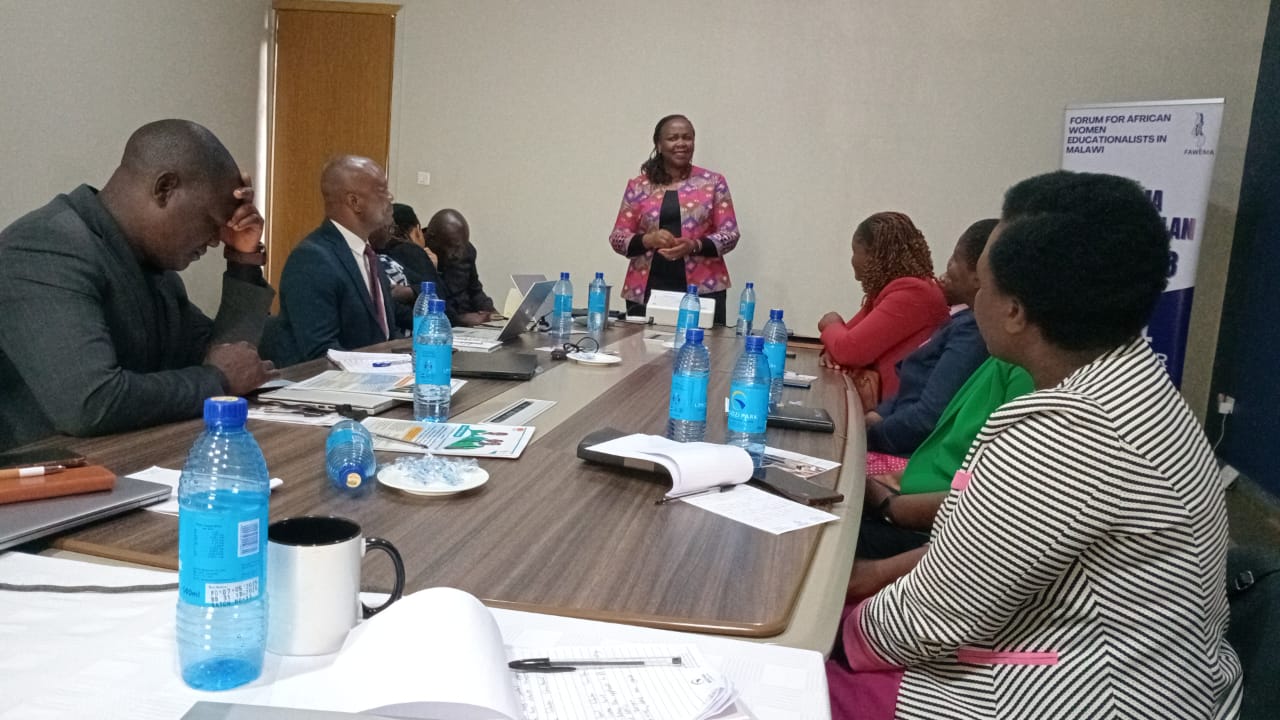
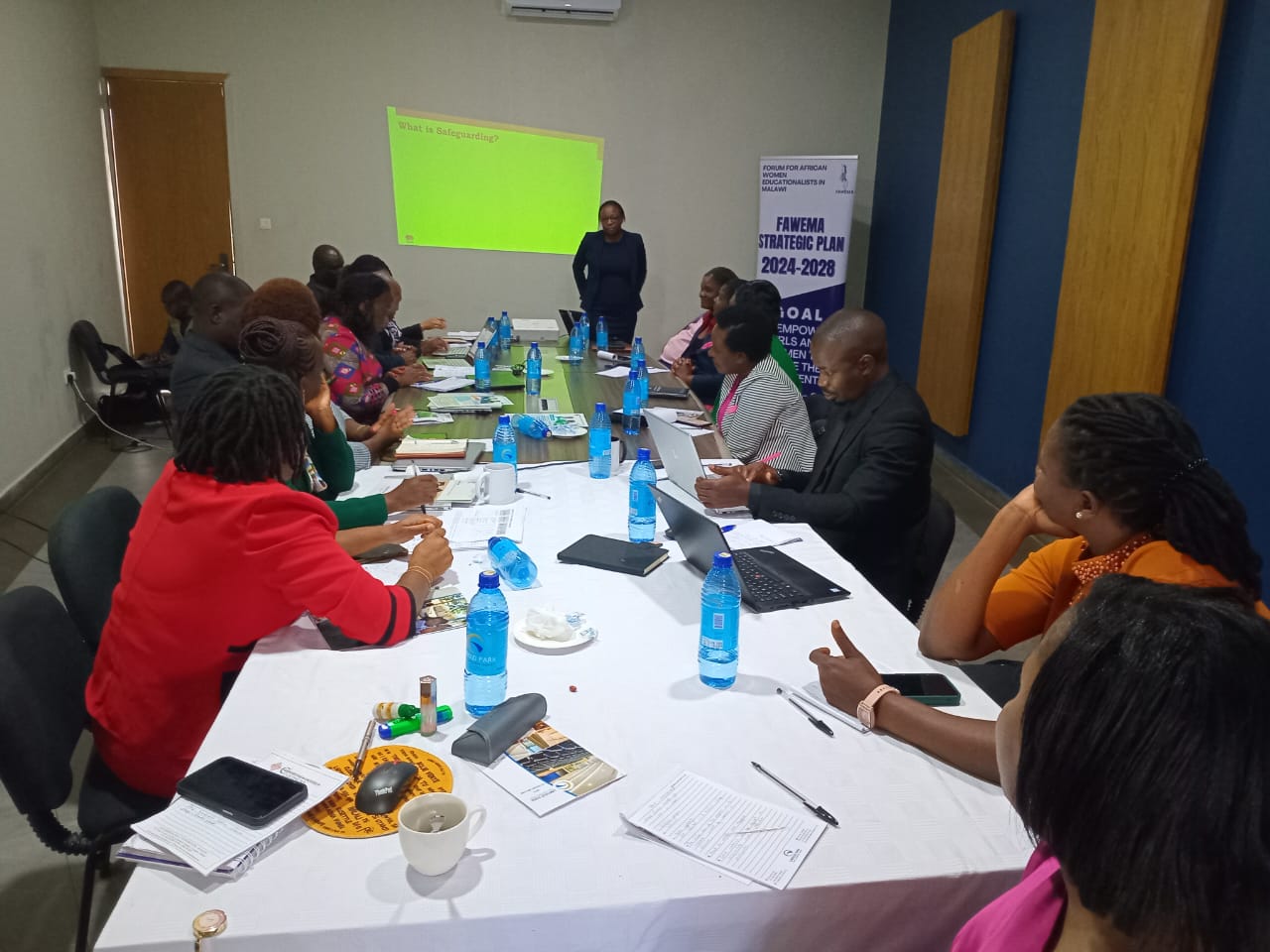
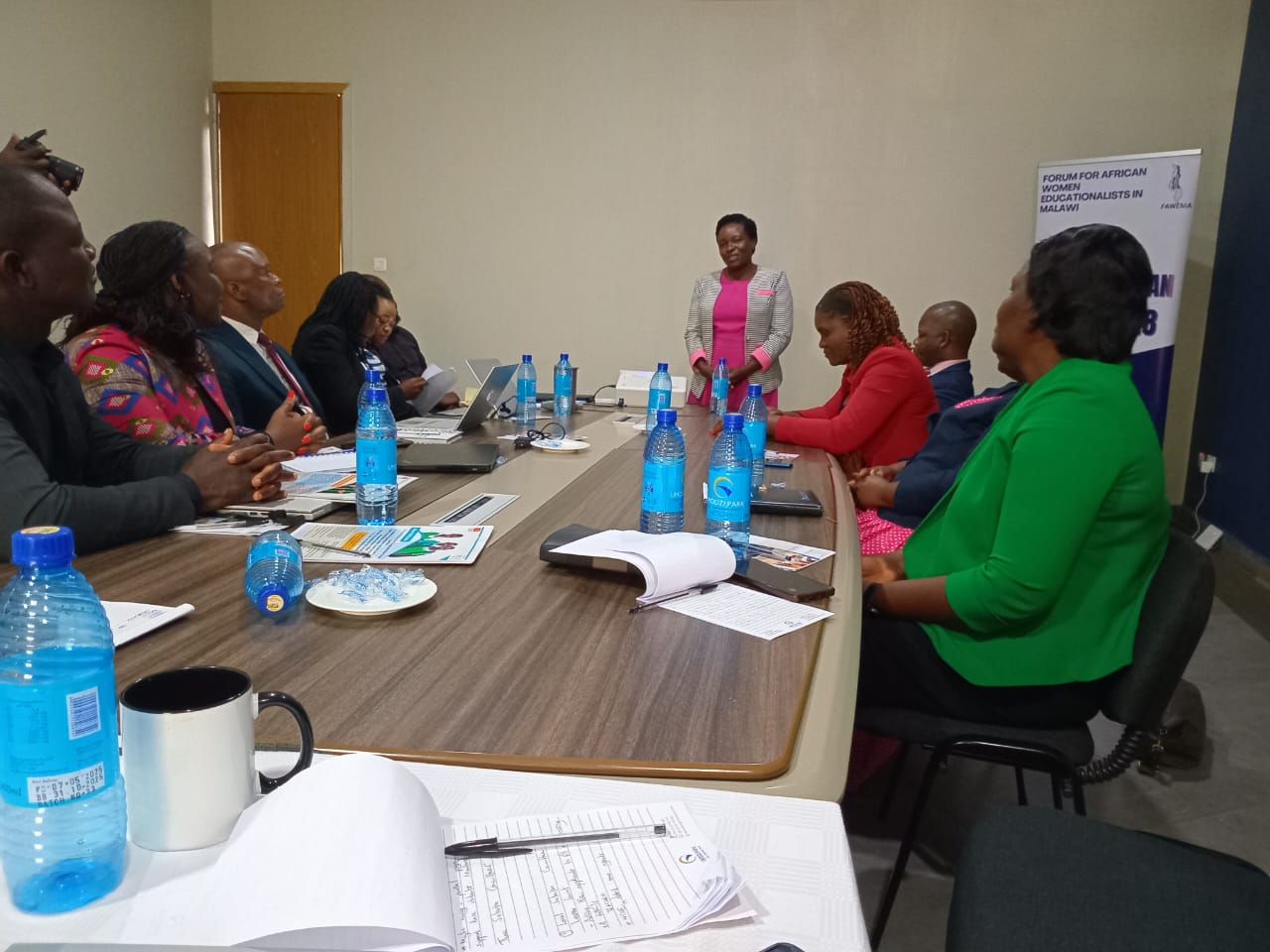
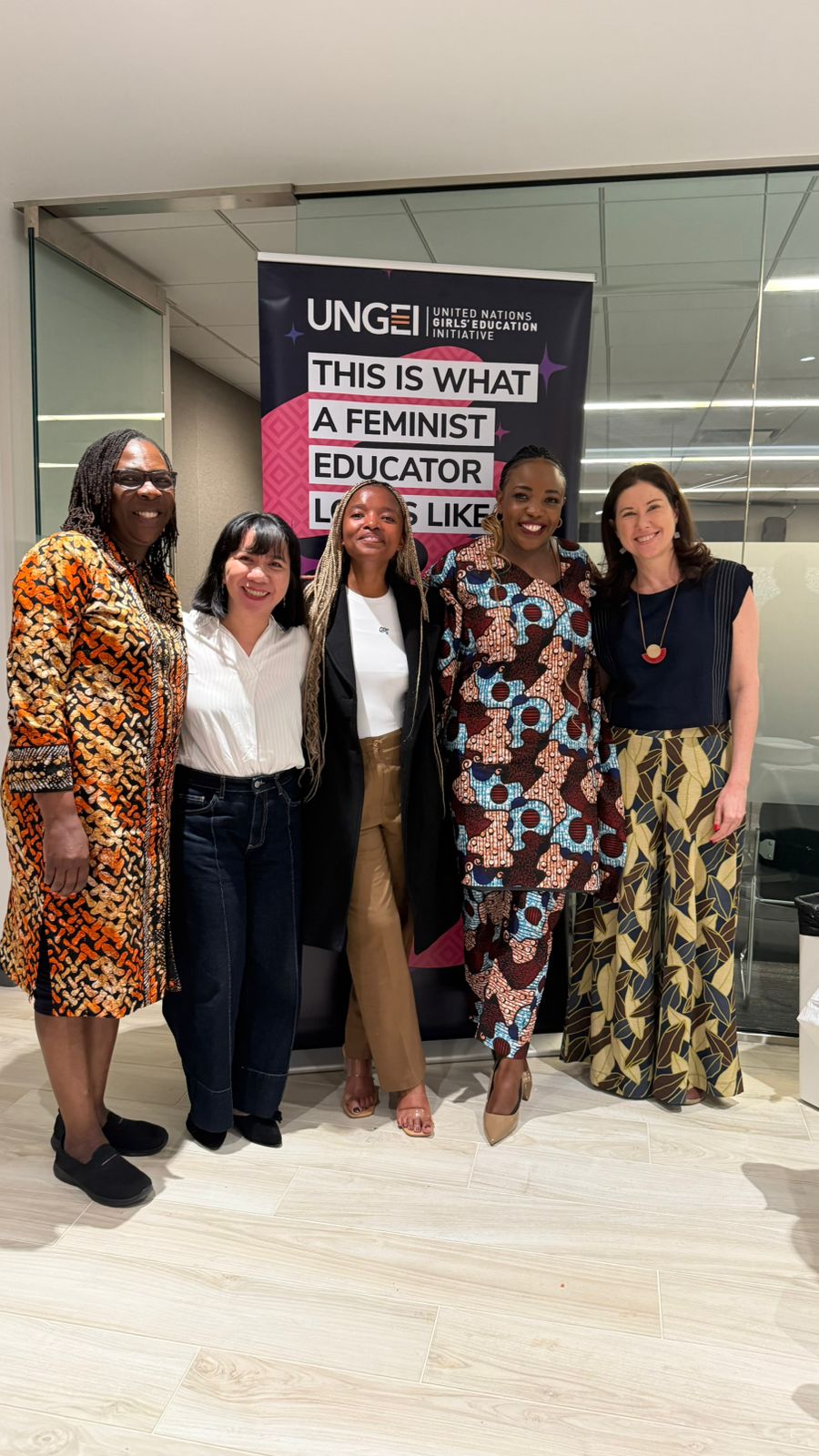
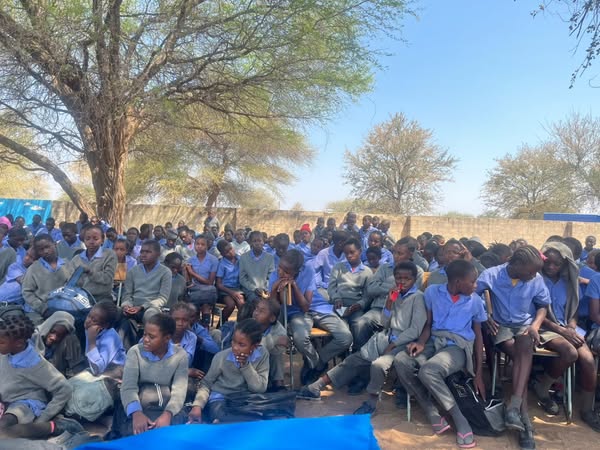
Leave A Comment